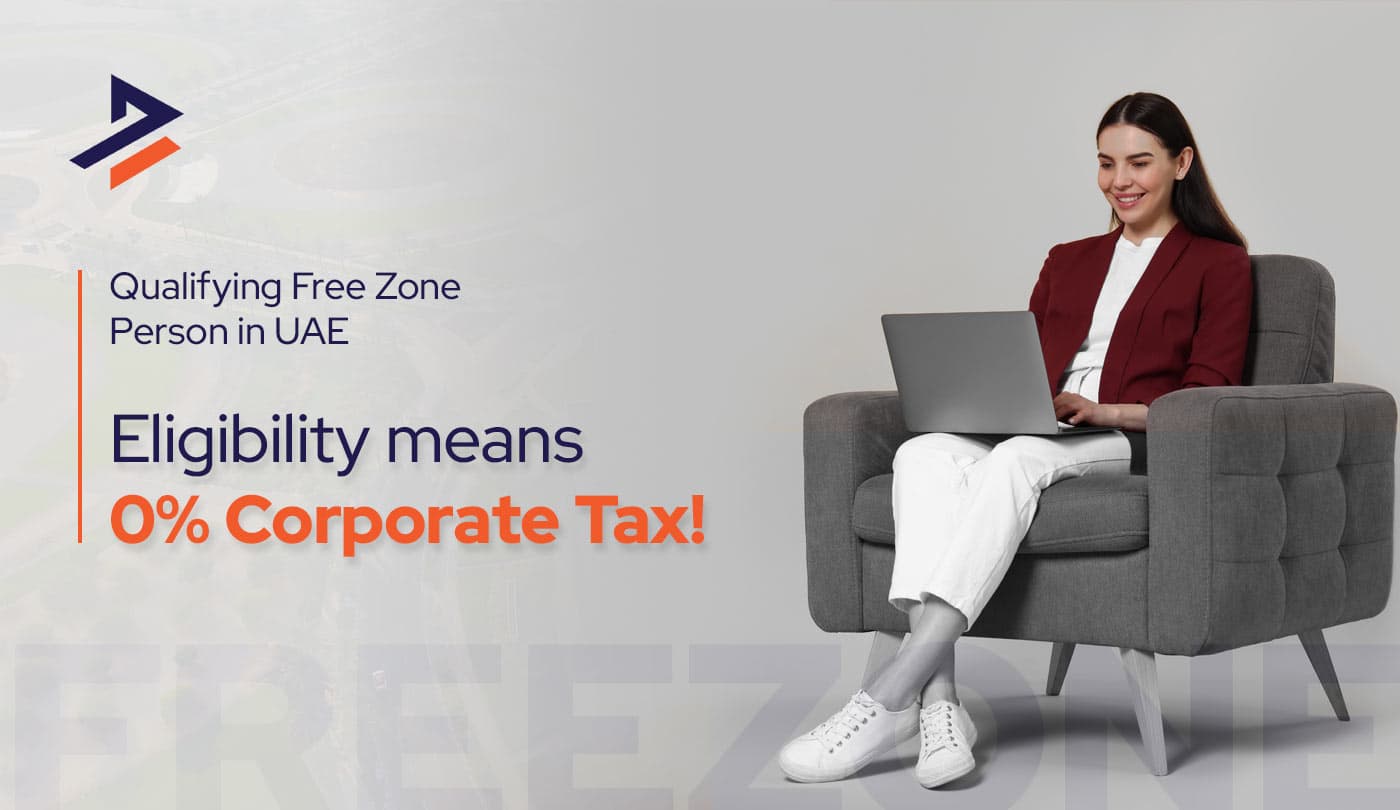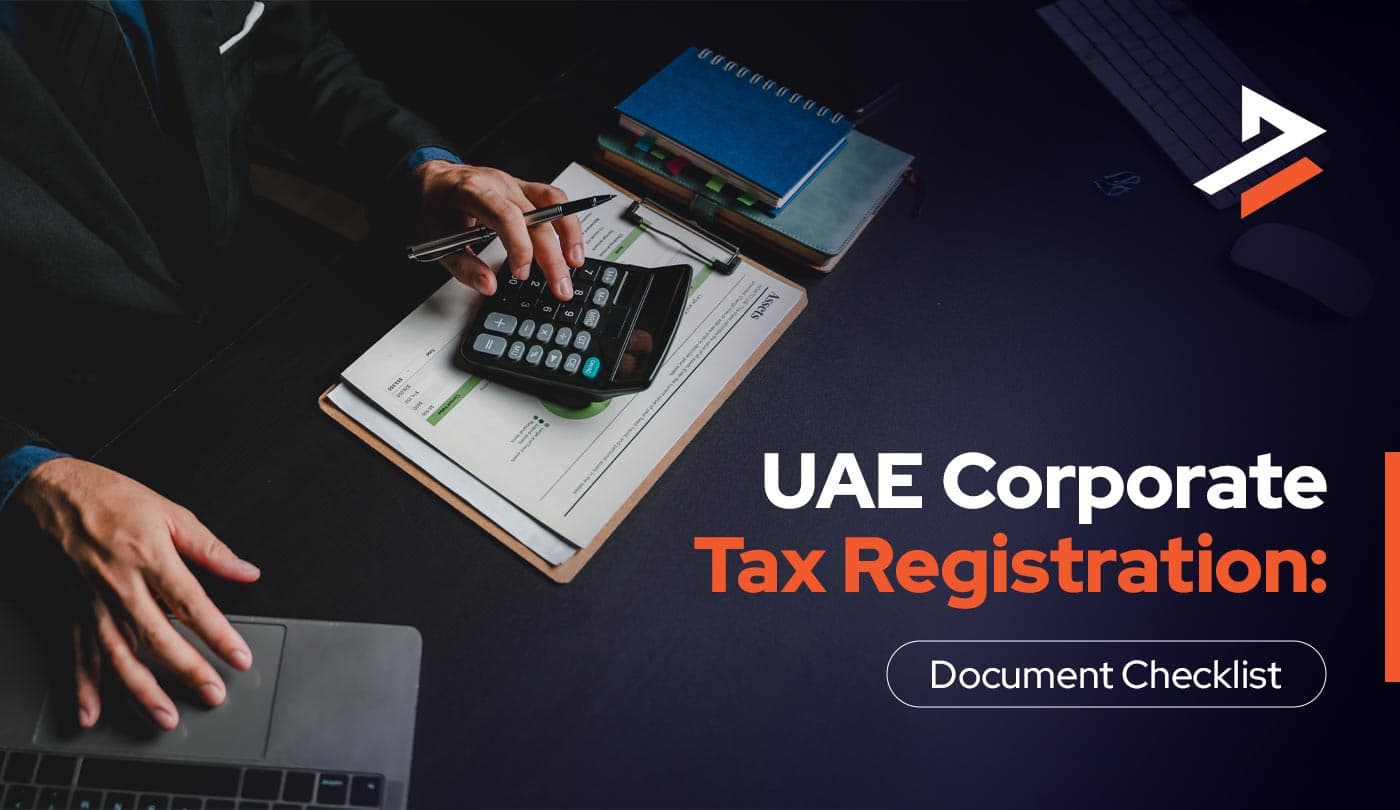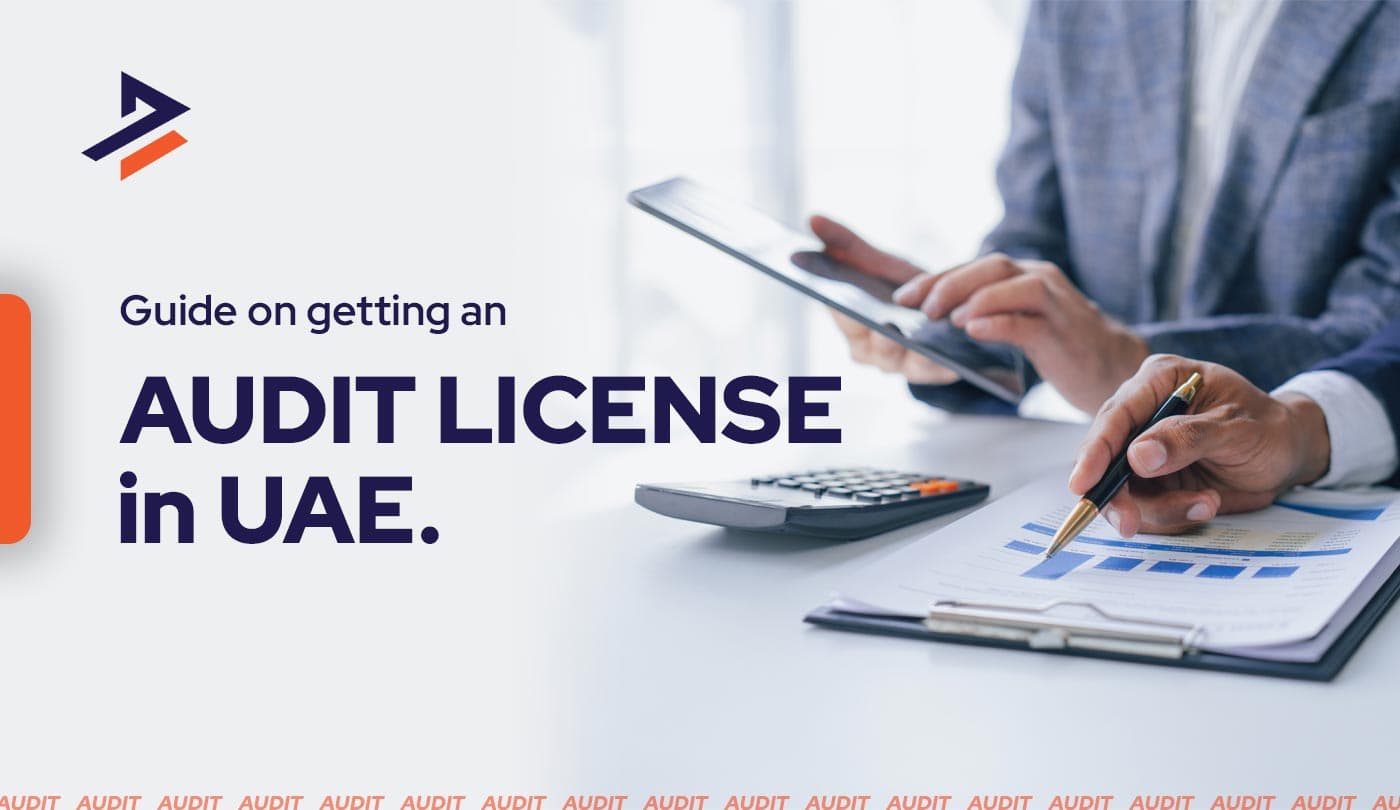The implementation of the Corporate Tax law marks a big shift in business taxation across the country. Under this new law, companies earning profits up to AED 375,000 are taxed at 0% while those earning above that amount are subject to 9% tax. However, free zone businesses that qualify as a qualifying free zone person in UAE can benefit from a 0% tax rate.
A qualifying free zone person is a Free Zone company that meets certain conditions, conducts the right kind of business activities, keeps proper offices and operations, and follows rules while dealing with related companies. Such entities benefit from zero corporate tax on their qualifying income.
Although being a Qualifying Free Zone Person under UAE Corporate Tax is a major advantage for businesses, it comes with strict compliance requirements. Failing to meet the defined conditions could result in businesses losing their 0% tax benefit for the succeeding five years.
In this blog, we will help you understand the qualifying free zone person UAE corporate tax, the qualifying income, and tips to ensure your business stays compliant and tax-efficient under the law.
Who is a Qualifying Free Zone Person in UAE?
Article 18 – UAE Corporate Tax Law specifies a Qualifying Free Zone Person as a legal entity that is incorporated in a Free Zone and meets specific requirements specified by the law. When businesses fulfil these conditions, they enjoy a 0% corporate tax rate on their qualifying income, whereas non-qualifying income is taxed at 9%.
A free zone company must meet the following conditions to benefit from the 0% tax rate
- Registered in a UAE Free Zone: Legally incorporated in a designated Free Zone, including branches of non-resident or UAE-resident companies.
- Maintain Adequate Economic Substance: Conduct income-generating activities within the Free Zone, possess sufficient assets, qualified employees, and reasonable operating expenditure, and outsource only to related or third-party entities within a Free Zone.
- Earn Qualifying Income: Generate income from transactions with other Free Zone Persons, income from qualifying activities performed with non-Free Zone entities, and income from holding or exploiting IP, and other income that respects the de minimis threshold (at least AED 5 million or 5% of total revenue).
- No Election to Standard Tax Regime: Does not opt into the standard 9% tax.
- Comply with Transfer Pricing Rules: Follow the arm’s length principle, with full documentation, as per Articles 34 and 55.
- Prepare Audited Financial Statements: Audit annual financials that are compliant with IFRS or comparable standards.
- Stay Below the De-minimis Threshold for Non-Qualifying Income: Does not exceed the lesser of AED 5 million or 5% of total income.
Understanding Qualifying Income for a Qualifying Free Zone Person in UAE
Under the Cabinet Decision No. 55 (2023) and Ministerial Decision No. 139 (2023), a QFZP is required to earn income from specific sources to benefit from zero corporate tax:
1.Income from transactions with other Free Zone Persons :
Profits or income earned from dealings with other free zone entities, as long as the activities are not “excluded activities.”
2.Income from Qualifying Activities with non–Free Zone entities:
Revenue generated from specific activities (that are on the approved list and not “excluded”) conducted with mainland UAE companies or overseas clients. Common qualifying activities include the following:
- Manufacturing or processing goods
- Holding shares and securities
- Operating ships or logistics services
- Fund, wealth, investment management, reinsurance
- Headquarters, treasury, aircraft leasing services
3. Passive or Incidental Income (de minimis rule)
Other income, such as dividends, capital gains, royalties, and if non-qualifying income stays below the de minimis threshold, which is up to AED 5 million or 5% of total revenue, whichever is lower.
4. Incidental Income Tied to Qualifying Activities
Additional income linked to qualified Free Zone or non-Free Zone transactions.
5. Qualifying Income for Permanent Establishments (PEs)
If a QFZP business has external operations outside the Free Zone, such as a warehouse in the mainland, it might be considered a ‘permanent establishment’ (PE), and thus, the income generated from this PE would be subject to the 9% corporate tax.
6. Qualifying Income for Immovable Property located in a Free Zone
Income earned from renting out a commercial property within the Free Zone would be considered qualifying income. However, the revenue from renting to non-Free Zone entities for commercial purposes is an exception.
Qualifying vs Non-Qualifying Activities in the UAE
Here’s a quick look at the list of activities that are considered qualifying and those excluded under the UAE corporate tax law :
1. Qualifying Activities
The following activities are considered qualifying according to Ministerial Decision No. 139 of 2023:
- Manufacturing or processing goods
- Holding shares or securities (for investment)
- Managing ships in international transportation
- Financing/leasing aircraft, including engines and components
- Treasury and financing services to related parties
- Headquarters services provided to related parties
- Fund, wealth, and investment management (regulated)
- Reinsurance services (regulated)
- Logistics services
- Distribution of goods in or from a Designated Zone
- Supplementary activities like storage, packaging, or installation related to the above.
2. Non-Qualifying (Excluded) Activities
The following are excluded activities, and income from them would be considered non-qualifying:
- Transactions with natural persons, unless they are part of allowed activities, such as ship operation, aircraft leasing, fund/wealth management, etc.
- Banking, insurance, finance/leasing services, unless specific exceptions apply, such as reinsurance or related-party financing.
- Ownership or use of immovable property (except commercial property) within Free Zones, sold/leased to other Free Zone Persons.
- Intellectual property income, unless it is specially qualifying.
- Additional services for excluded activities, such as maintenance of property.
It is to be noted that any income generated from a mainland or foreign permanent establishment (branch) of a Qualifying Free Zone Person in UAE will not be treated as qualifying income, and hence will be taxed separately at 9%.
Registration and Filing Requirements for Qualifying Free Zone Person under UAE Corporate Tax
Corporate tax registration is mandatory for all Free Zone entities, including QFZPs. You need to register via the FTA’s EmaraTax portal and obtain a Tax Registration Number (TRN).
1. Deadline
Businesses formed after March 1, 2025, must register within 90 days of incorporation, while those formed before March 1, 2025, must register typically 3 months from the license date. For example, the registration deadline for a March license would be June 30, 2024.
2. Tax Return & Disclosure Obligations
Businesses must file an annual return within 9 months of the fiscal year-end, even if there is no tax payable. The disclosure obligations include:
- Separated qualifying vs non-qualifying income
- Statement of average full-time employees, operating expenses, economic substance, and outsourced activities, including TRNs of the provider
- Audited financial statements prepared under IFRS
- Transfer pricing documentation and disclosures
Businesses must ensure to maintain all relevant records and supporting documents, including TP files and substance documentation, for at least 7 years. Any failure or negligence in registering, filing, auditing, disclosing, or maintaining substance/TP records can result in loss of status as a qualifying free zone person in UAE.
Conclusion: Qualifying Free Zone Person UAE Corporate Tax
Thus, qualifying for 0% corporate tax rate can be a major advantage for businesses operating in the UAE. However, it’s neither automatic nor permanent. The businesses need to meet certain conditions to stay on top of the defined threshold. But if you want to stay fully compliant and keep enjoying the benefits of the 0% rate, you need the right setup and support from someone who knows the UAE law inside out.
Get Expert Help From Dubiz
Dubiz advisors are here to guide you through the intricacies of corporate tax law in the UAE. They will help you stay updated with the latest regulations and make sure your business is eligible for tax incentives. In addition, they will offer tailored advice to help you manage your tax obligations and navigate the UAE’s complex tax landscape, ensuring the continuous growth of businesses with confidence.
Seek professional assistance from Dubiz
📞 Call: +971 56 369 5485
💬 WhatsApp: +971563695485
📧 Email: info@dubiz.co
Disclaimer: The information provided in this article is for general guidance only and may change over time. Please verify details with official sources before making any decisions.
Frequently Asking Questions (FAQs)
1. What is the qualifying free zone corporate tax UAE?
Qualifying free zone corporate tax refers to the tax regime that applies to businesses operating in designated free zones in the UAE.
2. Do all Free Zone companies qualify for 0% corporate tax?
No, all free zone entities do not qualify for 0% tax. A free zone company that meets the specified conditions is considered a QFZP, and thus qualifies for 9% standard corporate tax.
3. What happens if an entity loses its status as a Qualifying Free Zone Person in UAE?
If a QFZP fails to meet the rules, it loses its 0% tax benefit and is subject to 9% tax on its income for the current as well as the next five years.
4. Is corporate tax registration mandatory for QFZPs in the UAE?
Yes, all free zone entities, including QFZPs, are required to register for corporate tax with the FTA.
5. What is the De Minimis rule under the UAE corporate tax law?
If an entity earns both qualifying and non-qualifying income, the non-qualifying income needs to be up to AED 5 million or 5% of total revenue, whichever is lower.




